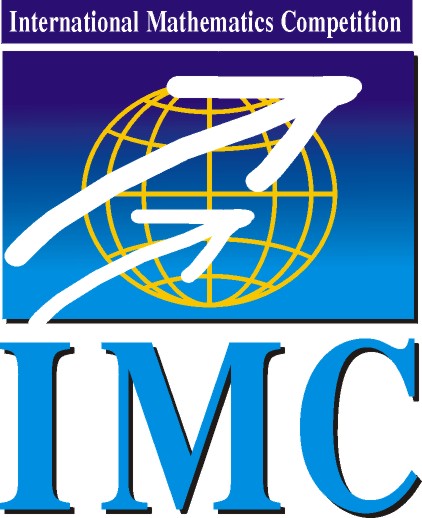
|
International Mathematics Competition
|
IMC 2024 |
| Information | Results | Problems & Solutions |
IMC2015: Day 2, Problem 10
10. Let $n$ be a positive integer, and let $p(x)$ be a polynomial of degree $n$ with integer coefficients. Prove that $$ \max_{0\le x\le1} \big|p(x)\big| > \frac1{e^n}. $$
Proposed by Géza Kós, Eötvös University, Budapest
Solution. Let $$ M = \max_{0\le x\le1} \big|p(x)\big|. $$
For every positive integer $k$, let $$ J_k = \int_0^1 \big(p(x)\big)^{2k} \dx. $$ Obviously $0<J_k<M^{2k}$ is a rational number. If $(p(x))^{2k} = \sum\limits_{i=0}^{2kn} a_{k,i} x^i$ then $J_k=\sum\limits_{i=0}^{2kn} \frac{a_{k,i}}{i+1}$. Taking the least common denominator, we can see that $J_k\ge\dfrac1{\mathrm{lcm}(1,2,\ldots,2kn+1)}.$
An equivalent form of the prime number theorem is that $\psi(N) =\log \mathrm{lcm}(1,2,\ldots,N)\sim N$ if $N\to\infty$. Therefore, for every $\varepsilon>0$ and sufficiently large $k$ we have $$ \mathrm{lcm}(1,2,\ldots,2kn+1) < e^{(1+\varepsilon)(2kn+1)} $$ and therefore \[ M^{2k} > J_k \ge \frac1{\mathrm{lcm}(1,2,\ldots,2kn+1)} > \frac1{e^{(1+\varepsilon)(2kn+1)}}, \] \[ M > \frac1{e^{(1+\varepsilon)(n+\frac1{2k})}}. \] Taking $k\to\infty$ and then $\varepsilon\to+0$ we get $$ M \ge \frac1{e^n}. $$ Since $e$ is transcendent, equality is impossible.
Remark. The constant $\tfrac1e\approx0.3679$ is not sharp. It is known that the best constant is between $0.4213$ and $0.4232 (se I. E. Pritsker, The Gelfond–Schnirelman method in prime number theory, Canad. J. Math. 57 (2005), 1080–1101).
© IMC